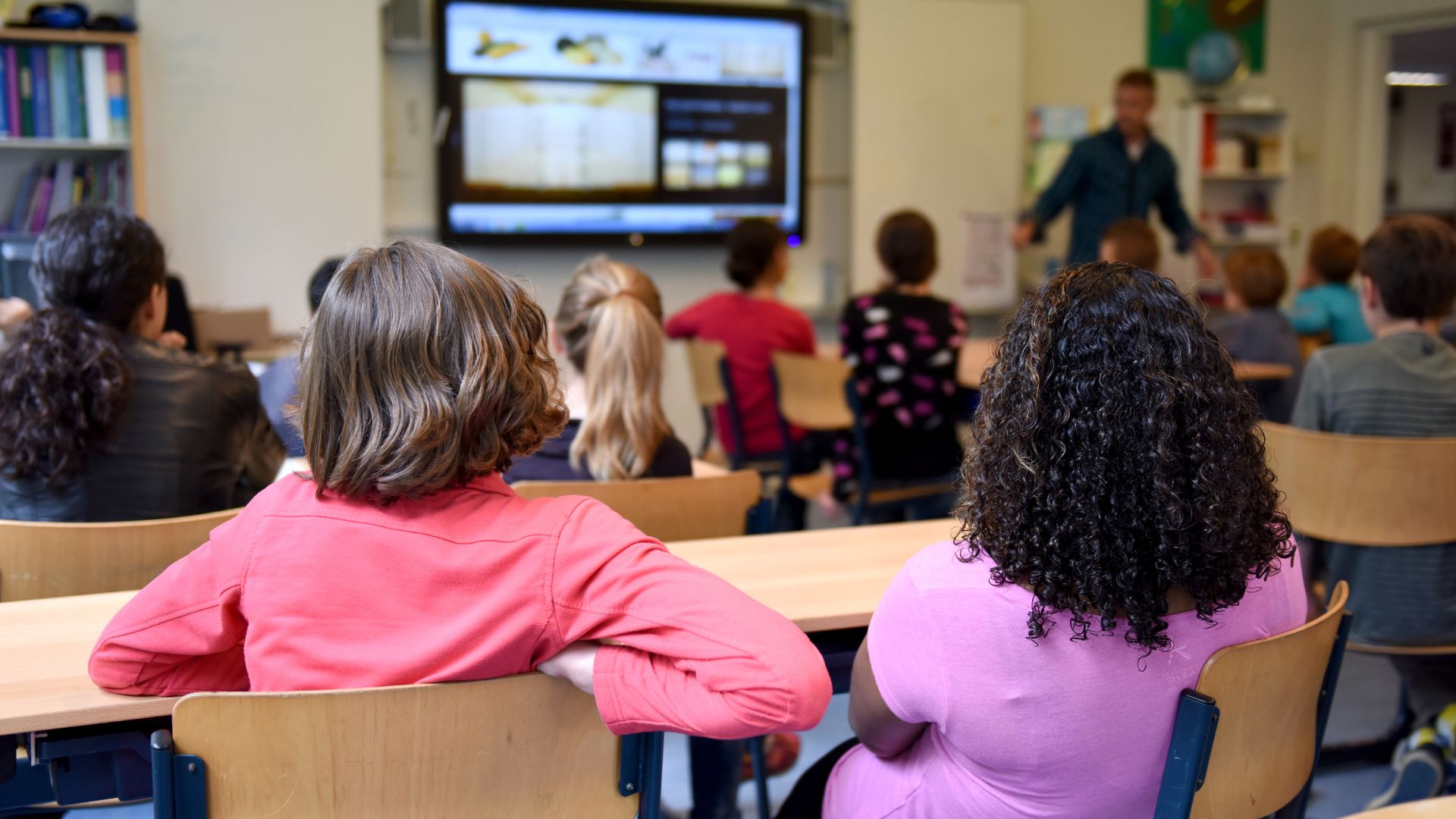

This summer, as I watched students graduate from DerbyUniversity as a governor and spent time with my own children, I found myself reflecting on how these months can shape young lives. The summer break offers a chance for relaxation and exploration, but it also highlights the challenges some young people face, especially those from economically disadvantaged backgrounds. This period reminded me of the crucial balance between free time, structured activities, and the development of essential life skills—what we atCET call Commercial Ability.
Opportunities and Challenges of Summer
My experience at Career Ready showed me how life-changing a summer internship can be for 16-18-year-olds, especially those from underrepresented backgrounds. These internships provide the first step onto the employment ladder, offering invaluable organisational know-how and transforming mindsets and confidence.
However, not all children have access to such opportunities.For young children whose parents cannot afford summer clubs and activities, government and community-led initiatives like the Mayor’s summer programme are essential. These programs level the playing field by offering free or low-cost activities, meals, and safe spaces, ensuring that all young people return to school ready to learn and grow.
The Power of Play and Creativity
While structured experiences like internships are invaluable, the importance of unstructured play and free time cannot be overstated. Play is not just a way for children to pass the time—it’s a critical component of their development. Through play, young people learnEssential Transferable Skills such as problem-solving, creativity, and teamwork, which are championed by SkillsBuilder.
This summer, many children rediscovered the joys of free play, stepping away from screens to engage with the world around them. Whether exploring local parks, playing sports, or diving into creative projects like writing or painting, these experiences are as crucial as any formal training.They nurture the creativity and adaptability that are key components of CommercialAbility.
Support Systems That Make a Difference
Programmes like the Mayor’s summer initiative provide much-needed support, particularly for those who might otherwise spend their summer in isolation. These initiatives offer more than just safe spaces—they help young people build Workplace Attitudes & Behaviours such as resilience, teamwork, and leadership. By participating in group activities, students learn to collaborate, take on responsibilities, and develop the confidence needed for future success.
Looking Ahead: Building on Summer’s Lessons
As the new school year begins, it’s essential to carry forward the lessons learned over the summer. Educators should recognise the value of both structured and unstructured experiences in developing Commercial Ability. Encouraging students to reflect on their summer activities—whether through play, work, or community programs—can help them connect these experiences to the skills they are building for the future.
Employers also play a vital role in offering real-world experiences. The success of summer internships should inspire more businesses to mentor the next generation, providing hands-on learning critical for young people’s development. Finally, educational charities and policymakers must ensure that all young people, regardless of background, have access to the opportunities that will help them build a fulfilling future. The success of initiatives like the Mayor’s summer program underscores the importance of continued investment in youth development, particularly in communities facing economic challenges.


